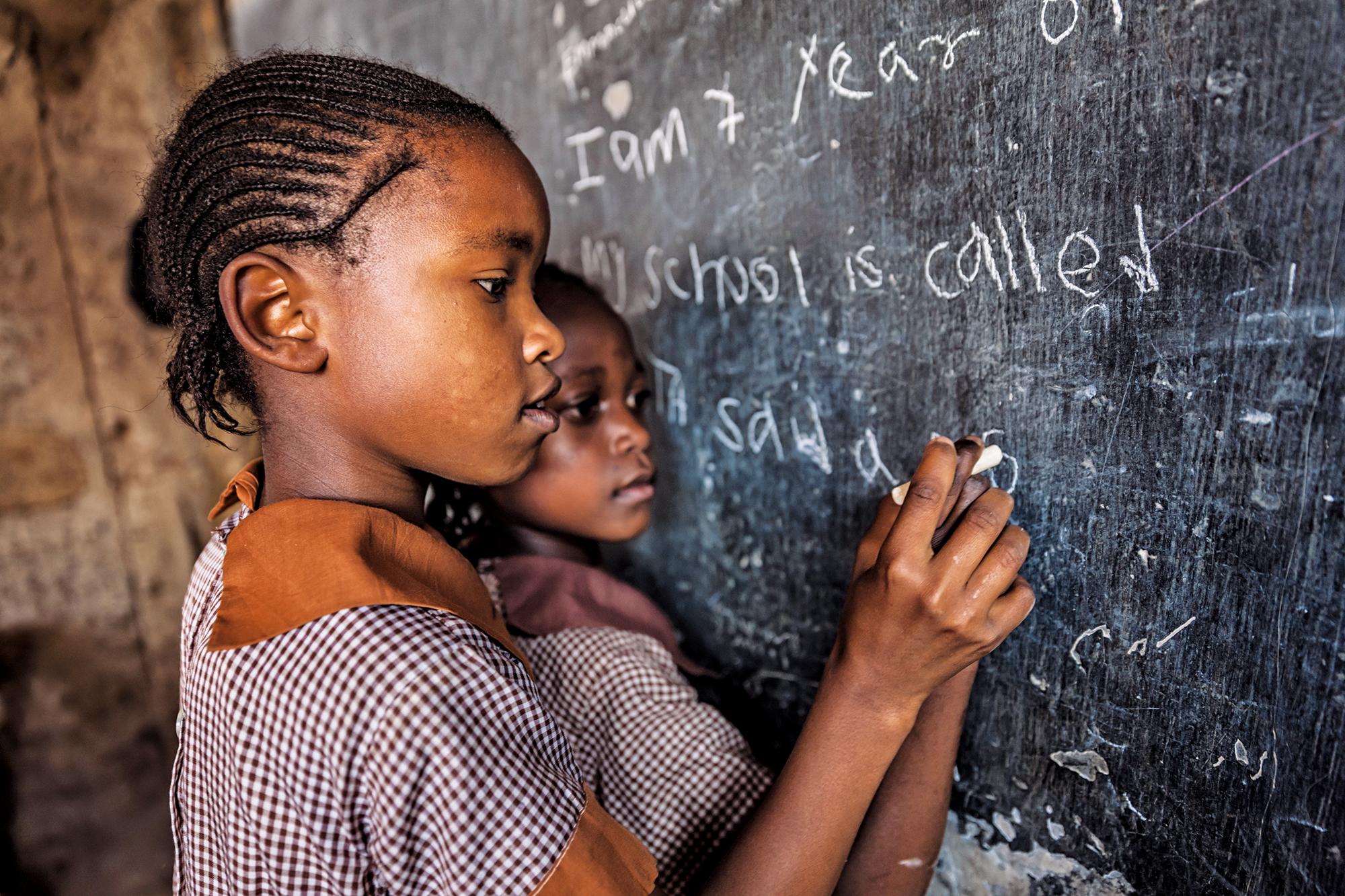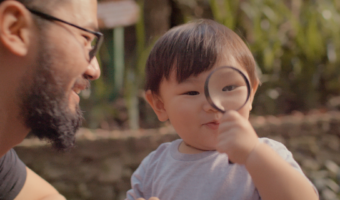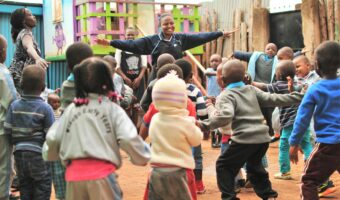When a parent is incarcerated, the sentence is served not just by a single individual but by an entire family. Across the world, parental incarceration has been linked to long-term effects on children’s emotional and social development. My recent qualitative research in Western Kenya contributes to understanding these issues.
In Kenya, when a pregnant woman or the mother of a young child is sentenced to prison, she usually may choose to have her child stay with her up to age 4. Prison is not a good environment for babies and toddlers: food supplies are often inadequate, leading to child malnourishment; conditions are overcrowded; sanitation is poor, with lack of clean water and healthcare; and there are shortages of clothing, bedding, and materials for learning and play. Prisoners are also frequently mistreated, causing psychological trauma that affects their children.
Despite all this, the majority of the imprisoned mothers I talked to in two correctional facilities in Western Kenya preferred to keep their child with them. They feel more comfortable being able to spend time and bond with their child, even in these difficult conditions, than placing their child with an alternative caregiver.
If the mother is still in prison when the child’s fourth birthday approaches, however, she must propose an alternative care arrangement – typically asking a family member to agree to take her child in. Social workers must approve the proposed arrangement. If they are not satisfied, or if the mother has no family member willing to care for her child, the child is usually placed in a facility run by a non-governmental organisation.
My research looked at what happens to children who are placed in alternative care with a family member (Opiyo, 2019). I interviewed 12 children aged between 9 and 13, many with younger siblings. Most were being cared for by grandparents – although many also had to assume adult responsibilities, providing emotional and caregiving support for their younger siblings and financial support for the household.
The children and grandparents told stories of things lost: connections, income, jobs, homes, and hope. Some girls found themselves pulled into early marriage or sex work, while boys joined criminal gangs. Children of incarcerated parents are frequently stigmatised, enduring shame, guilt, bullying, and social exclusion. Parents of other children may stereotype them as being dangerous, like their offending parent, and forbid their own children from associating with them. This manifests in low self-esteem, behavioural problems and poor school grades.
Support is available in principle, coordinated by the Ministry of Gender, Children, Youth and Social Services. However, there are significant gaps in data on the numbers of children affected, and the support provided to them. My research shows that children of incarcerated parents are, in practice, often forgotten by schools, community support agencies and policymakers.
Kenya is taking an increasingly tough line on criminal justice, incarcerating more parents and consequently pushing more households into financial difficulties. My study recommends a national effort to map the population of prisoners’ children and examine how their rights are affected. This work is needed to inform the development of multi-sectoral policies – engaging schools to connect children with assistance in areas such as finance and housing, and creating the community resources needed to protect these children’s welfare.
All references can be found in the PDF version of this article.



